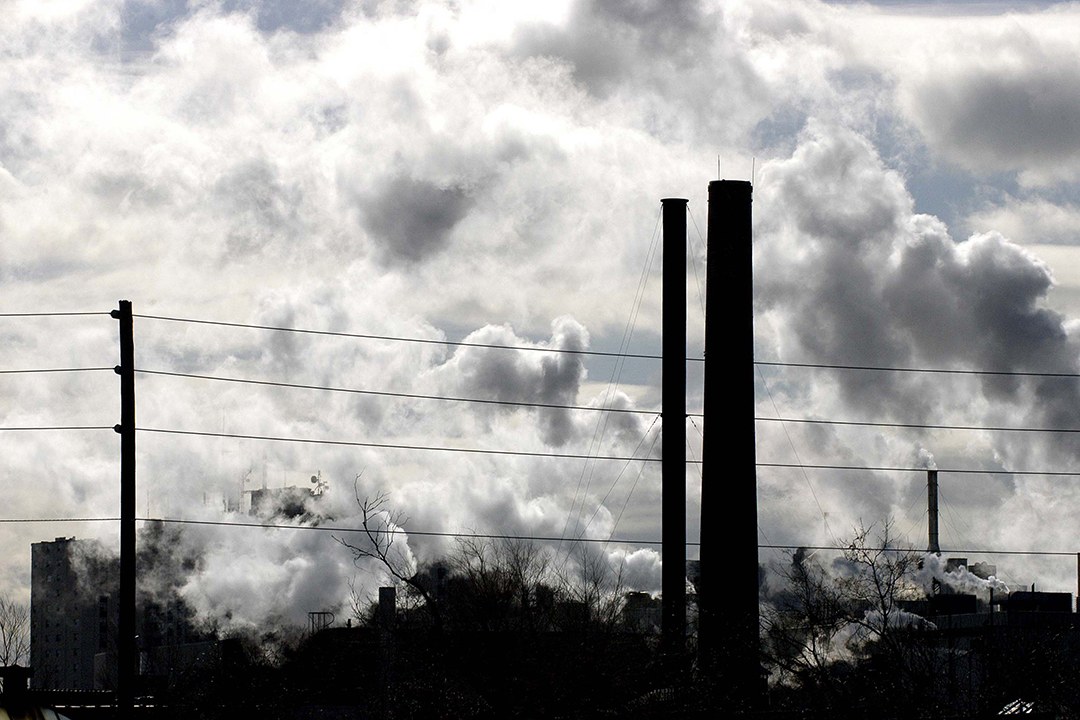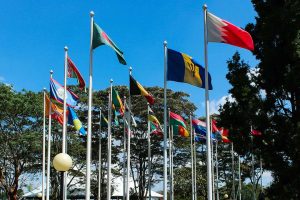9 March 2019: The UN Environment Programme (UNEP) and the Beijing Municipal Ecology and Environment Bureau (BEE), China, have published a report that describes the evolution of Beijing’s air quality management programme, and recommends steps the city can take to continue improving its air quality.
The report titled, ‘A Review of 20 Years’ Air Pollution Control in Beijing,’ covers the period 1998 to the end of 2017, and was released in advance of the fourth session of the UN Environment Assembly (UNEA-4), meeting in Nairobi, Kenya, from 11-15 March 2019.
Describing the ways in which Beijing’s air quality management programme has evolved over the past 25 years, the report outlines lessons, policies and actions that could help guide pollution reduction measures in other cities across the developing world.
The report explains that, in 1998, coal combustion and motor vehicles were the most significant causes of air pollution in Beijing, with major pollutants exceeding national limits. That same year, Beijing began an intensified air pollution control programme. Over the past 20 years, the city has implemented air pollution reduction measures, including energy infrastructure optimization, coal-fired pollution control and vehicle emission controls. The report finds that, since 2013, air pollutants in Beijing have decreased by 25-83%, depending on the pollutant.
Beijing offers a good example of the ways in which a large city in a developing country can balance environmental protection and economic growth.
From 2013 to 2017, fine particulate matter pollution (PM2.5) in Beijing decreased by 35% as a result of measures to control coal-fired boilers, cleaner domestic fuels and industrial restructuring. However, according to the report, PM2.5 concentrations in Beijing still do not meet national ambient air quality standards, and exceed levels recommended by the World Health Organization (WHO).
Beijing’s air quality management system is supported by monitoring and evaluation and pollution source apportionment and emission inventories, and includes comprehensive legal standards and strict environmental law enforcement.
Speaking about the report, Joyce Msuya, UNEP Acting Executive Director, said that understanding Beijing’s efforts to control air pollution can provide a model for any country, municipality or city that wishes to follow a similar path. Dechen Tsering, Director of UNEP’s Asia Pacific Regional Office, said Beijing offers a good example of the ways in which a large city in a developing country can balance environmental protection and economic growth.
This is UNEP’s third independent assessment of Beijing’s air quality, following the ‘Independent Environmental Assessment: Beijing 2008 Olympic Games’ and ‘A Review of Air Pollution Control in Beijing: 1998-2013,’ published in 2009 and 2016, respectively. [Publication: A Review of 20 Years’ Air Pollution Control in Beijing] [Report Landing Page] [UNEP Press Release]

